The Humans: A stupendously brief history of books and stories
Published on: 5 Tachwedd 2020 Author: Jonny Marx
The Humans has been shortlisted for Best Book with Facts at the Blue Peter Book Awards! Here, author Jonny Marx explains how books and stories have developed over the years...
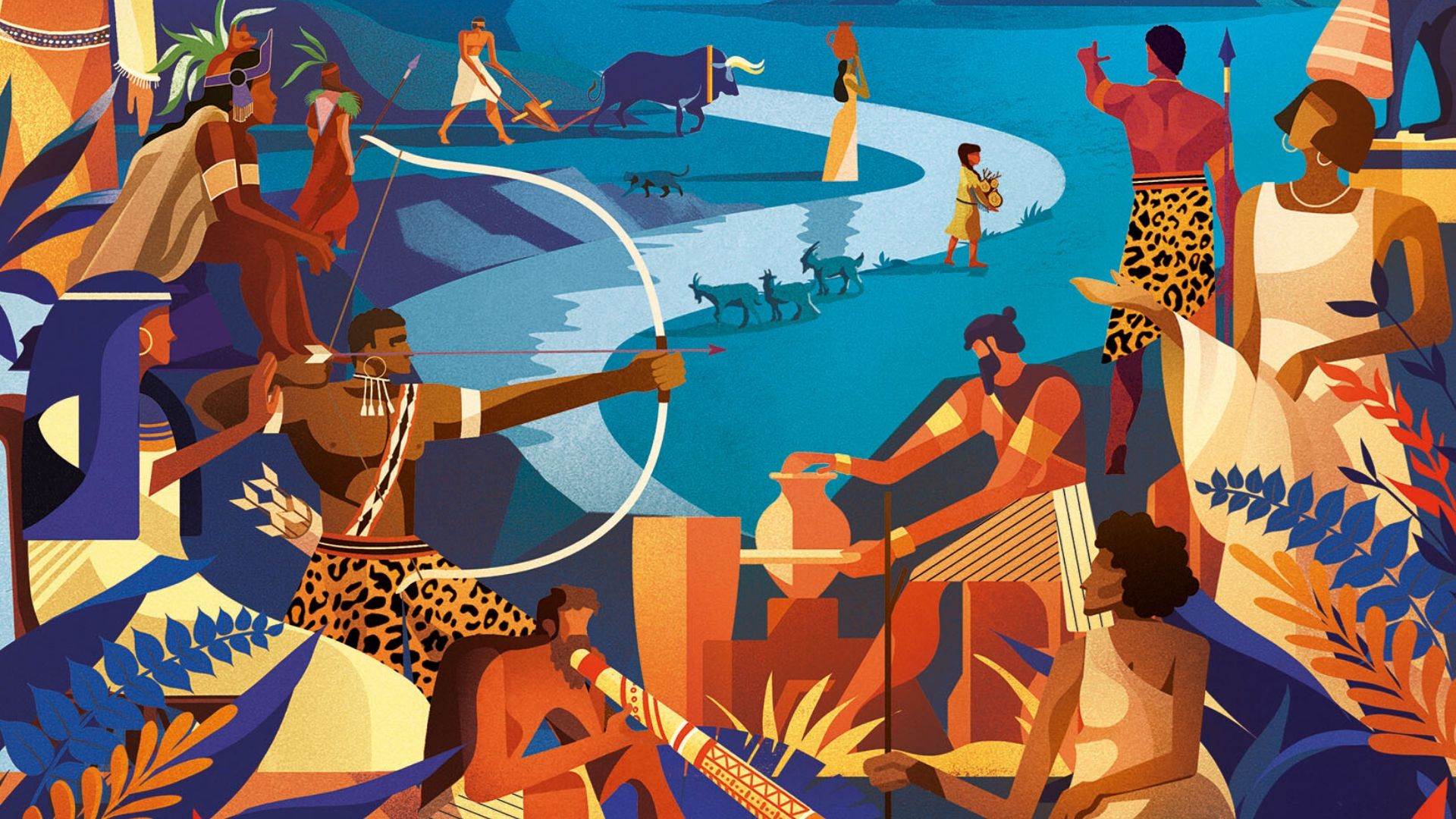
Right now, in the world today, there are approximately 130 million unique books in existence. That's a lot of books, right? In fact, there are more works in print than ever before and we haven't even taken into account how many digital stories exist on all of our electronic devices and computers!
But when did our love of terrific tales and elaborate stories start? And where should we begin?
My passion for history, storytelling and literature began at primary school. I sat transfixed, agog, aghast, while our teacher explained the various religious customs of the ancient Egyptians. They did WHAT to their deceased? And we hadn't even started discussing the colossal pyramids, or temples crammed full of crocodiles! Can there be anything more captivating on the curriculum?
The triumphs and tribulations of the Romans, the Greeks and the Aztecs followed in Years 4, 5 and 6, while Sumerians, Nubians, Phoenicians, and cultures of the Indus Valley, ancient China and Oceania were overlooked.
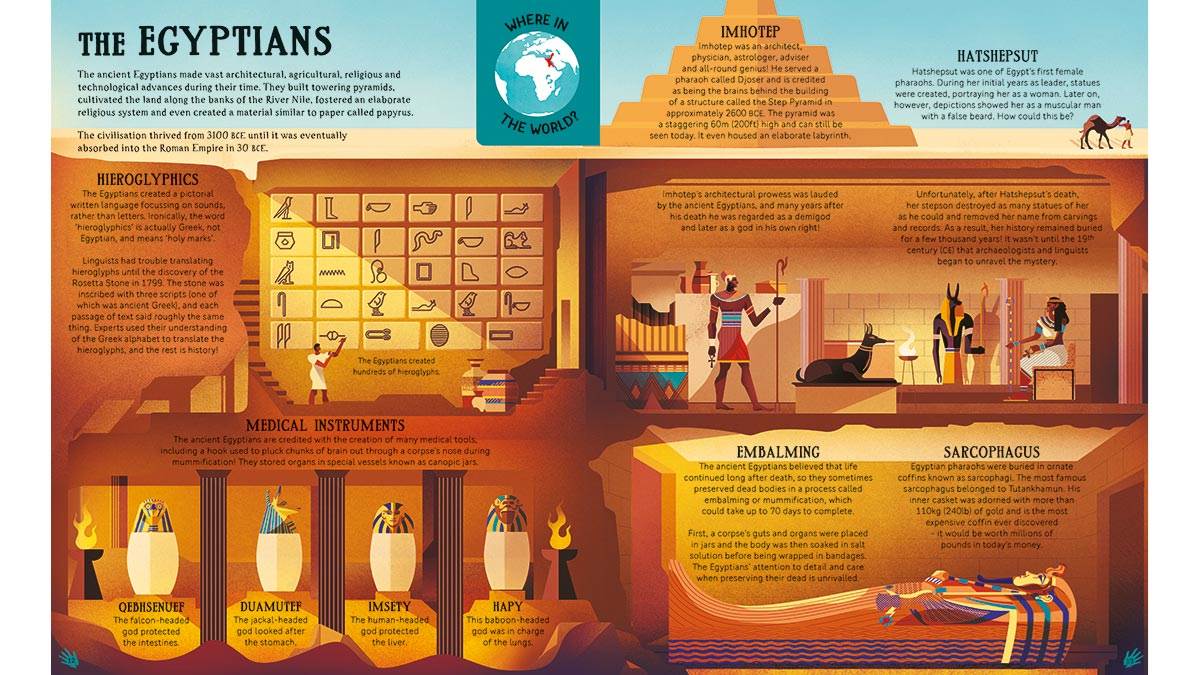
For a glimpse at the wider picture, however, let's rewind 50,000 years and travel to Australia, where the Aboriginal peoples are widely believed to have created the world's first culture – rich in arts, crafts, language, music and religious beliefs.
As the first inhabitants of this vast island travelled along its breadth, unique communities were formed, each with its own distinct dialect. Don't forget that this was long before the introduction of written communication or the existence of an alphabet, so stories and yarns were told around campfires and passed on from generation to generation via the power of speech.
According to historians, the Aboriginal peoples of Australia even discussed the news. There's evidence to suggest that climate change was a hot topic amongst communities as sea levels began to rise more than 7,000 years ago!
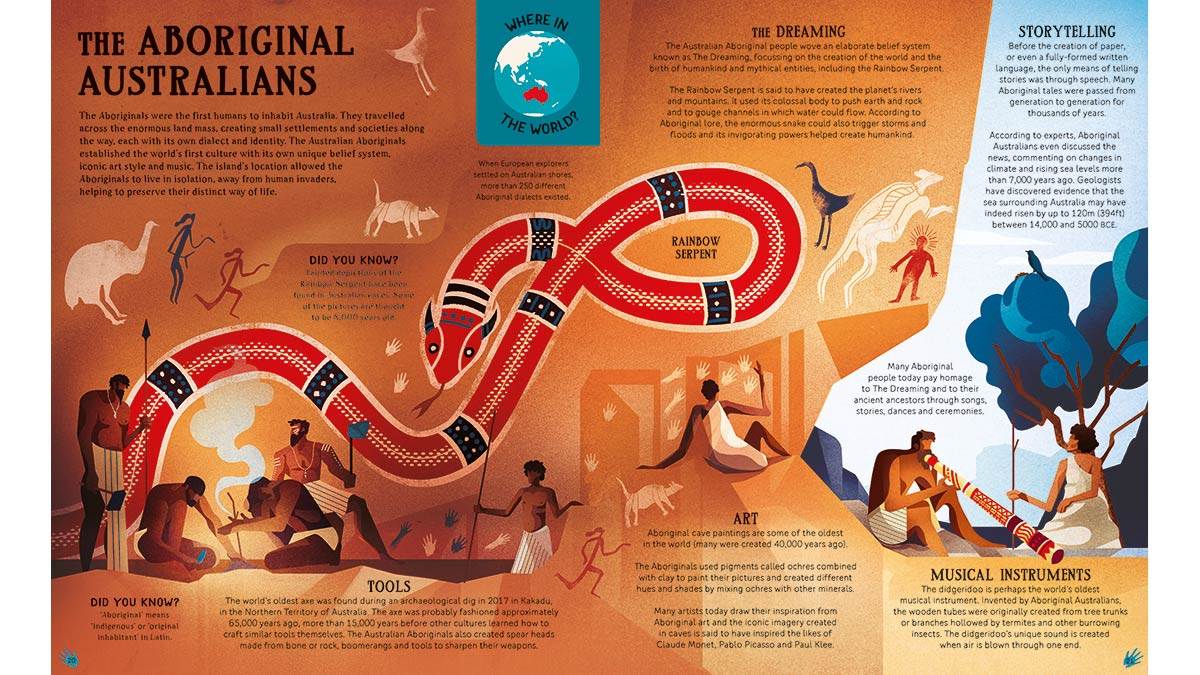
So, when did we start writing stories down? This significant historical milestone belongs to the Sumerians, the great inventors of their time. They created a sophisticated writing system called cuneiform, which consisted of hundreds of characters and symbols.
But what did they do with all of these letters? Well, it looks as though, at least initially, the Sumerians were fond of recording rather dull things on clay tablets, such as business transactions and deals.
In fact, the very first written signature was created by an accountant, called Kushim, more than 5,000 years ago. He stamped his name at the bottom of a clay tablet, commenting that 29,086 measures of barley had been collected over the course of 37 months! Not exactly the most riveting snippet of information, but nevertheless vital in its historical significance. As time passed, the Sumerians began to 'write' more extensively, delving into fiction...
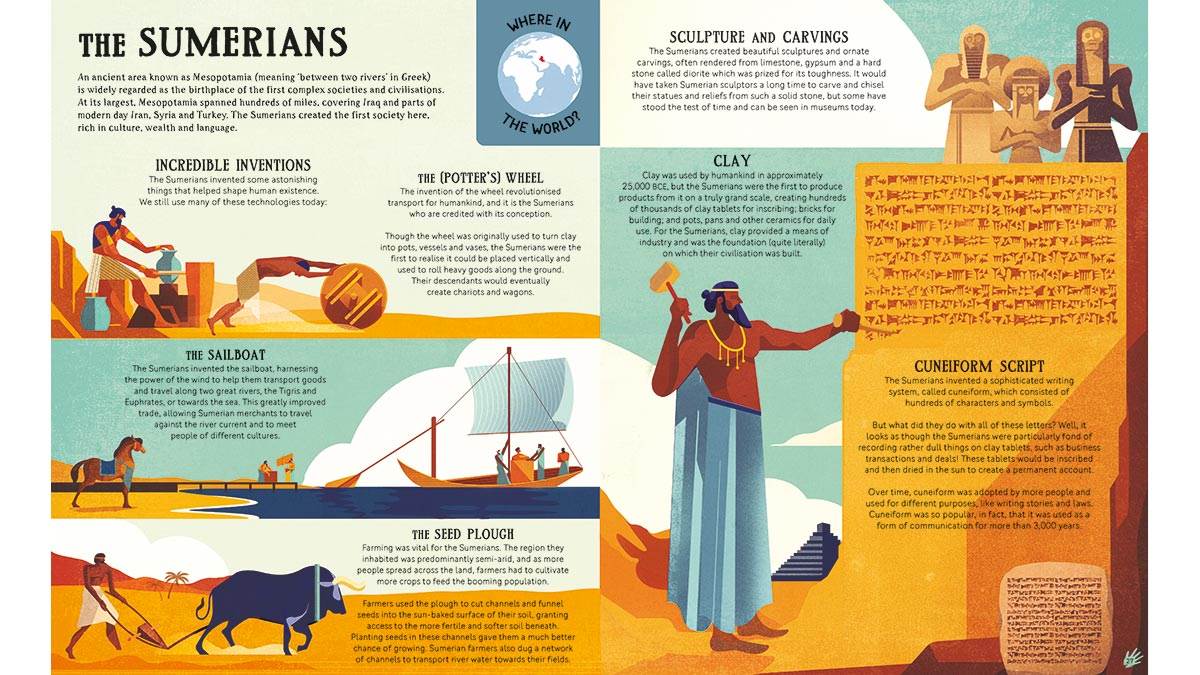
The first library was commissioned by King Ashurbanipal in ancient Assyria and, at its greatest, housed thousands and thousands of stone tablets from all corners of the empire. From scientific works and religious texts to myths and poems (including The Epic of Gilgamesh), the library housed the most extensive catalogue of writings the world had ever seen.
All of the Mesopotamian clay tablets were terribly heavy to carry, so the prolific inventors of the world began to innovate. The ancient Egyptians fashioned a substance from the papyrus plant, compressing and weaving it into sheets and scrolls for easy transportation. Others used dried animal hides to create parchment.
This material was particularly popular with the ancient Greeks – perhaps the most well-known of ancient literary cultures. From Homer and Sappho to Herodotus and Aesop, the Greeks transformed literature – their myths still top the bookselling charts today, more than 2,000 years after their conception!
The Library of Alexandria in Egypt was said to house every single text from the ancient Greek empire. And the Greeks then inspired the Romans, who fashioned a means of reusing a writing surface by pouring a thin layer of beeswax into a slender tablet, transforming school lessons and homework (not to everyone's delight, I'm sure!)
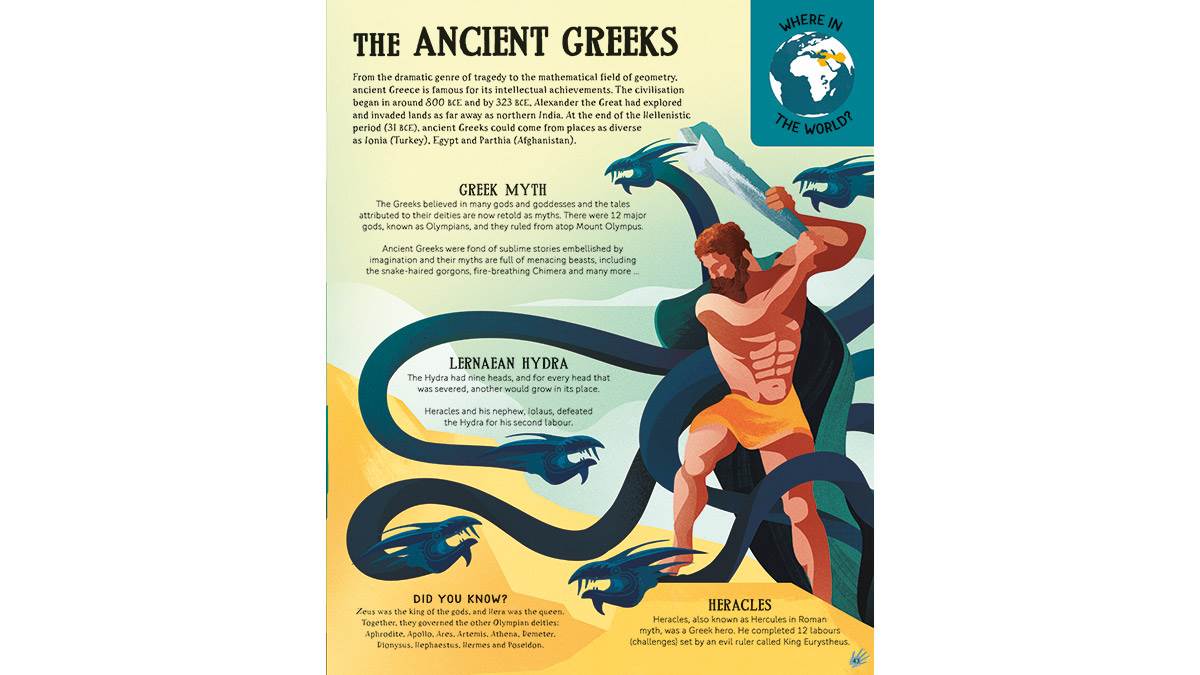
It would take some time, but eventually, humankind created a new form of media – paper! Cai Lun, a famous inventor, is thought to have formed paper sheets from the bark of a mulberry tree in ancient China in 105 CE. Archaeological evidence suggests its conception perhaps predated this, but it was certainly Cai Lun and his apprentice Zuo Bo who popularised it!
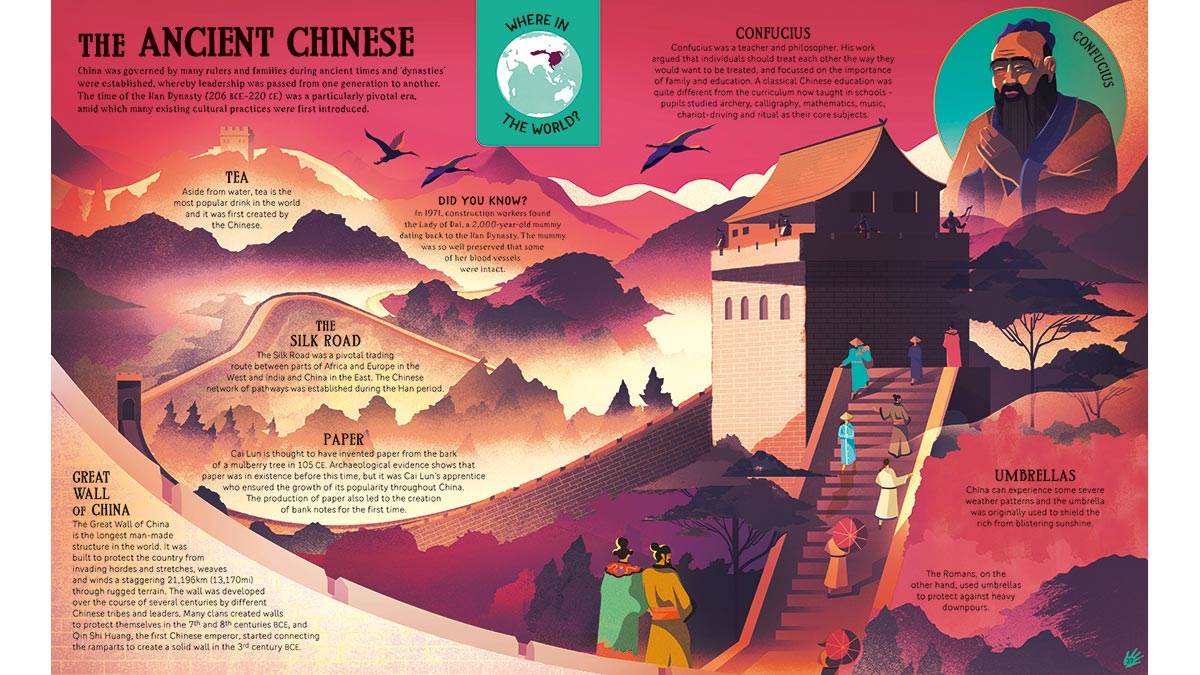
So, what next? Well, after the invention of the Gutenberg printing press in the 1400s, print media really took off! The Industrial Revolution kicked things on even further and soon, multiple copies of books could be spooled and produced in short succession. This meant that books became more affordable and reading for pleasure became more mainstream.
And what now? Books are more readily available, and more popular, than ever. There's simply so much choice! We're in the golden age of book production and we're still uncovering important aspects of history as we gain a greater understanding of the world.
We can download the entire works of Shakespeare with the click of a button, listen to a science-fiction story through our headphones and even interact with illustrated content via augmented reality apps and interfaces. It's astonishing to see how far we've come as a species in such a short space of time, and how literature, language and speech have shaped our world!
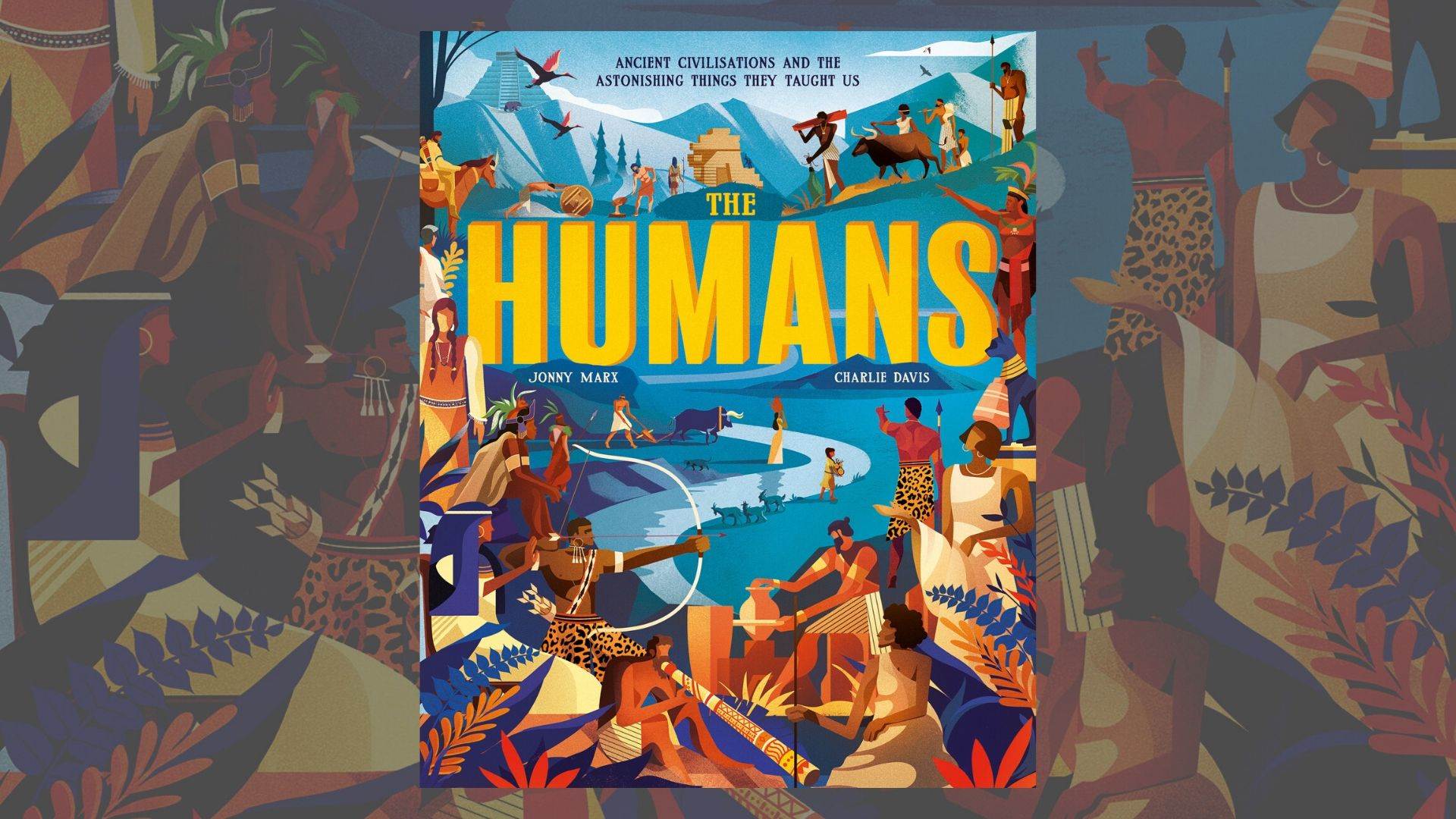
The Humans aims to showcase the greatest achievements of antiquity, offering readers a snapshot of ancient cultures they may not have encountered before, alongside the more familiar cultures they know and love.
Topics: Non-fiction, Historical, Blue Peter Book Awards, Features





Add a comment